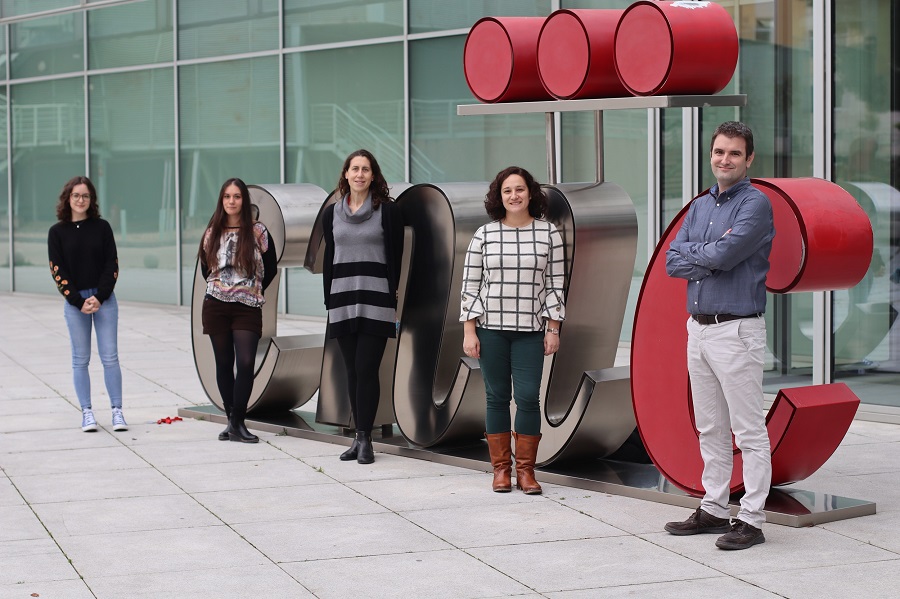CNIC to coordinate a European project investigating how cancer therapies promote atherosclerosis and cardiovascular disease
The project will investigate the role of clonal hematopoiesis—the formation of mutated hematopoietic stem-cell clones promoted by anti-cancer therapies—in the development of atherosclerosis and associated cardiovascular disease
The international consortium “Cancer Therapy-Related Clonal Hematopoiesis as a Driver of Accelerated Atherosclerosis”, coordinated by Dr. José Javier Fuster of the Centro Nacional de Investigaciones Cardiovasculares (CNIC), has been awarded €624,000 by the by the ERA-CVD network (European Research Area Network on Cardiovascular Diseases) financed by the European Commission within the framework of the H2020 program. The award includes €167,000 in direct funding to the CNIC capitalized through the ISCIII. The consortium will investigate the role of clonal hematopoiesis—the formation of clones from mutated hematopoietic stem cells promoted by anti-cancer therapies—in the development of atherosclerosis and associated cardiovascular disease.
Consortium members include international experts in hematology and cardiovascular disease, such as the research groups led by INSERM investigator Chloé James at the Université de Bordeaux, France, and by Carolina Greco at the Istituto Clinico Humanitas, Italy. These research scientists will collaborate in the analysis of several innovative models of clonal hematopoiesis and exposure to anti-cancer treatments.
Every day, explained Fuster, the body generates in the region of “200,000 million blood cells,” equivalent to the number of cells present in “100 human hearts.”
“The high cell proliferation rate needed to generate blood cells inevitably produces DNA copying errors. Most of the resulting mutations have no effect, but some give a competitive advantage to the mutant cell, leading to its expansion in the blood cell population.”
This process, called clonal hematopoiesis, has been known about for many years and is an essential element in the development of leukemias and other blood cancers. However, new studies suggest that clonal hematopoiesis is also a risk factor for cardiovascular disease.
“Clonal hematopoiesis is especially frequent in patients and survivors of non-blood cancers, which are independent of mutations acquired in blood cells. This suggests that the phenomenon is related to the exposure to anti-cancer treatments,” said Fuster.
Although the mortality rate among cancer patients has declined significantly in recent years, many survivors face health problems. An especially important problem is an elevated risk of death from cardiovascular disease. The causes of this increased risk are largely unknown.
Recent evidence suggests that mutations in blood stem cells can contribute to the development of heart disease, constituting a hitherto unknown cardiovascular risk factor. One of the consortium’s goals is to determine which specific mutations play a role in the development of cardiovascular disease.
The new project thus promises to describe “a possible new mechanism linking cancer, anti-cancer therapies, and the development of cardiovascular disease,” said Fuster.
Continuing, Fuster explained that the knowledge acquired during the project will be “important for the design of personalized prevention and treatment strategies specifically aimed at blocking the effects of blood-cell mutations linked to clonal hematopoiesis triggered by cancer treatments.

The research program will also deepen knowledge about the possible causes underlying the high rate of infarction in the general population, which affects approximately 10% of individuals who have received optimal cardiovascular prevention therapy. “We think that clonal hematopoiesis may contribute to persistent cardiovascular risk in individuals who have received optimal treatment for traditional cardiovascular risk factors. Clonal hematopoiesis is totally independent of established cardiovascular risk factors (cholesterol, high blood pressure, etc.) and acts through distinct mechanisms. This will enable the design of new treatments and prevention strategies for cardiovascular disease,” said Fuster.
Fuster concluded: “The development of these strategies would be of great value for the prevention of cardiovascular disease in many of the 32 million cancer survivors in the world, a number that is expected to grow still larger in the coming years.











